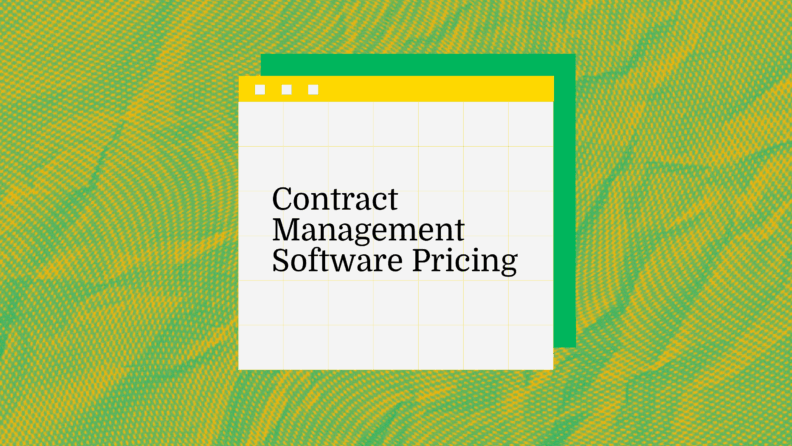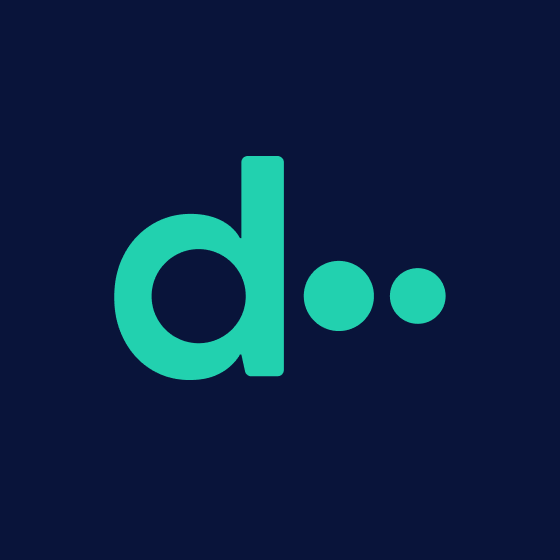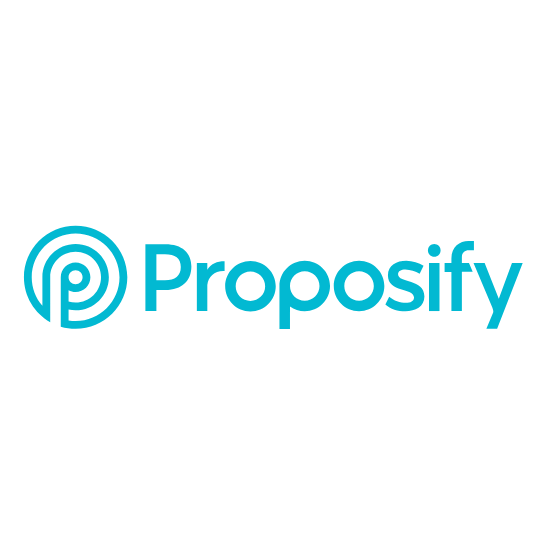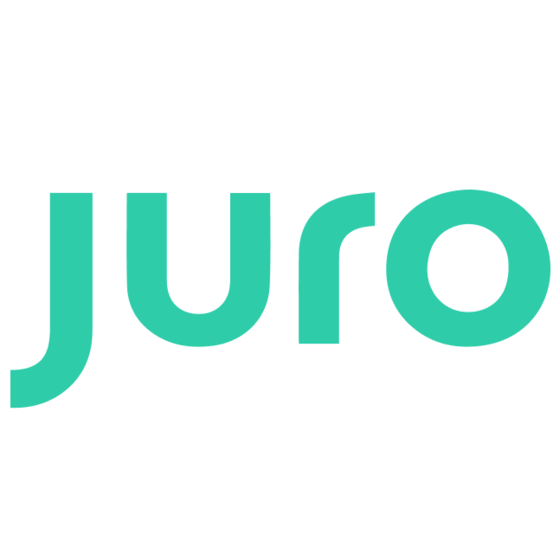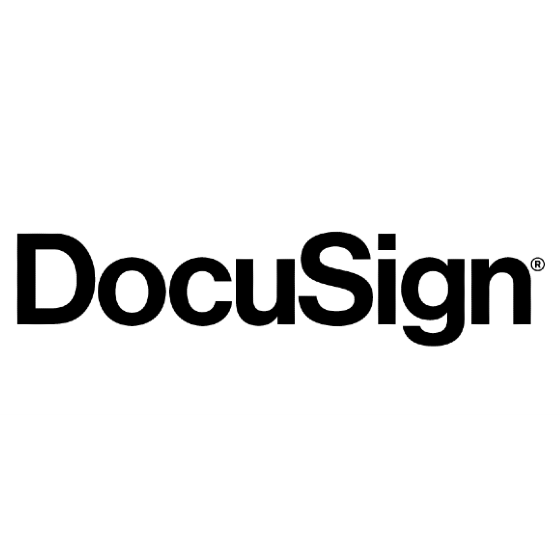Contract management software pricing varies with features, number of users, and service level. More features or higher usage = higher costs.
Upfront cost doesn’t show the total cost of ownership; watch for add-ons like integrations, onboarding, or customer support.
Focus on ROI and scalability; choose a CLM solution that grows with your team, not just the cheapest option.
Figuring out what you’ll pay for contract management software isn’t easy. Pricing pages can be vague, feature limits are confusing, and some vendors won’t even tell you the cost until you’re deep in a sales call.
This guide is for legal teams, operations leaders, and anyone else trying to build a clear budget. I’ll walk you through common pricing models, what features drive up costs, and the hidden fees to watch out for.
I’ll also show you how to weigh the price against the value—so you can choose the right tool for your team, whether you're managing a handful of contracts or scaling across departments.
What Factors Influence Contract Management Software Pricing?
Choosing a contract management platform can be challenging, as costs vary depending on the features, workflow automation capabilities, and vendor support.
| Factor | How It Affects Pricing |
| Seats Included | More types of contracts or a higher number of contracts can increase the cost $100–$500 monthly due to document storage. |
| Pipeline Stages | More stages in your pipeline = higher cost, adding $20–$100 monthly. |
| Reporting Features | Advanced reporting and functionality (dashboards, data extraction) may add $50–$200 monthly. |
| Contract Volume | More types of contracts or higher number of contracts can increase cost $100–$500 monthly due to document storage. |
| Integration Needs | Expect $50–$200 monthly for CRM or Salesforce integrations. |
| Support Level | Premium customer support or dedicated managers can add $100–$300 monthly. |
Contract Management Software Pricing Comparison
| Tool | Best For | Trial Info | Price | ||
|---|---|---|---|---|---|
| 1 | Best for global employment contracts | Free trial + demo available | From $29/month | Website | |
| 2 | Best for dynamic contracts | Free demo available | Pricing upon request | Website | |
| 3 | Best for automated contract workflows | Free demo available | From 1,245/month (billed annually) | Website | |
| 4 | Best for managing the contract lifecycle | Free demo available | Pricing upon request | Website | |
| 5 | Best for managing proposals and quotes | 14-day free trial | From $29/user/month (billed annually) | Website | |
| 6 | Best for tracking contract statuses | Free plan available | From $49/user/month | Website | |
| 7 | Best for a straightforward user interface | Free demo available | Pricing upon request | Website | |
| 8 | Best contract management software for sales teams | 14-day free trial | From $35/user/month (billed annually) | Website | |
| 9 | Best for international and multilingual contract management | Free plan available | From $10/user/month | Website | |
| 10 | Best AI-powered contract management software | Free demo available | From $20/user/month | Website |
Understanding Pricing Models
When choosing contract management software, it’s crucial to understand models. For instance, some models charge per user, while others depend on usage or custom quotes. Understanding these can help your team budget effectively and avoid unexpected expenses:
| Pricing Model | How It Works | What to Watch For |
| Per user/seat | Based on the number of contracts or workflow volume. Usage spikes can surprise you. | Costs can rise quickly as your team grows |
| Per usage | Based on number of contracts or workflow volume. Usage spikes can surprise you. | Unexpected spikes in usage can lead to higher bills |
| Tiered subscription | Starter vs. Pro vs. Enterprise. Some templates or e-signature features may be gated. | Some needed features may only be available in higher-priced tiers |
| Custom quote | Based on your specific needs. Useful for enterprise or on-premises deployments. | Negotiation is key; ensure all your requirements are covered without hidden fees |
| Annual vs Monthly | Annual commitments lower cost but raise lock-in risks. | Annual plans may lock you in, so ensure the software meets your long-term needs |
Typical Pricing by Company Size
| Company Size | Typical Price Range | What’s Usually Included | Vendors |
| Small businesses | $50–$200/month | Basic contract templates, e-sign, electronic signatures, limited seats | PandaDoc, Zoho |
| Mid-sized businesses | $200–$500/month | Collaboration, workflow, integrations, analytics | DocuSign, Concord |
| Large business | $500–$1,000/month | Advanced reporting, workflow automation, unlimited users | Agiloft, ContractWorks |
| Enterprise | $1,000+/month | Custom CLM software, dedicated support, end-to-end contract lifecycle management | SAP Ariba, Icertis |
Hidden & Add-On Costs to Watch For
Beyond the base contract management software cost, it's important to watch for hidden costs that can add up quickly. Setup fees, integration costs, or premium support charges can surprise your team if not accounted for. This section outlines potential hidden costs to consider:
| Hidden/Add-On Cost | Description |
| Onboarding/setup fees | Initial setup can cost $500-$2,000, covering installation and configuration. Some vendors, like Icertis, charge for setup to ensure seamless integration. |
| Training or certifications | Training sessions or certifications might add $100-$500 per user. Vendors like SAP Ariba offer certification programs that can be essential for effective use. |
| Premium customer support | Enhanced support options may cost an additional $100-$300 monthly. Vendors like Agiloft provide premium support tiers for faster response and personalized assistance. |
| Extra integrations | Custom integrations (e.g., DocuSign, Salesforce, Microsoft) can add $200-$1,000 depending on complexity. |
| Usage overages | Exceeding usage limits can incur extra charges, often $50-$200 per month. PandaDoc may charge for managing more contracts than your plan allows. |
| Contract minimums | Some plans require a minimum contract length, leading to penalties if broken. Concord may enforce minimums, impacting budgeting flexibility. |
| Compliance or legal updates to support redlining and audits | Updates to meet regulatory changes can add $500+ annually. Vendors like ContractWorks may charge for necessary software updates to comply with new legal standards. |
Types of Contract Management Software Pricing: Subscription Plans & Upgrade Triggers
Subscription plans for contract management software often include tiered options like Starter, Pro, and Enterprise, with specific upgrade triggers and potential discounts:
- Plan Inclusions: Starter plans generally cover basic templates, e-signatures, and limited functionality. Pro or Enterprise plans add workflow automation, version control, audit trails, and AI-powered features.
- Upgrade Triggers: Common triggers include exceeding the number of users, new contracts, or needing more integrations. For example, Concord may require an upgrade if your team surpasses a certain number of users or contracts.
- Annual vs. Monthly Discounts: Many vendors, such as Agiloft, provide discounts for annual commitments. Annual lowers cost but raises the total cost of ownership risk.
- Vendor Transparency: Most major vendors are clear about their pricing structures and any additional costs, like API access or custom integrations. Top providers like Icertis and Agiloft share clear pricing and case studies.
To avoid overspending, assess your team's needs and choose a plan that matches your usage without unnecessary extras. Always review the terms and conditions to understand potential hidden costs.
Maximizing ROI from Your Contract Management Software Investment
ROI should guide your decision when buying contract management software because tracking it post-implementation ensures your team gets the most value.
Time Saved
Automation reduces manual contract management process steps. Automation and streamlined workflows cut down on manual tasks, freeing up your team's time. Consider what manual processes this software will replace and estimate the time your team could recover. Ask vendors to show time-saving features in typical use cases. This will help you see the practical impact on your daily operations and how it aligns with your needs.
Error Reduction
Automated redlining and permissions minimize mistakes. Reducing manual handoffs or calculations lowers the risk of costly mistakes. Identify where errors currently occur and how the system could mitigate them. Request vendors to demonstrate how data validation and control are managed across the platform. This ensures you choose a system that minimizes errors effectively.
Compliance Avoidance
Built-in audit trails reduce risks. Features supporting legal, financial, or industry standards help avoid fines or audits. Determine what compliance features are built in and if the platform supports your industry requirements. Ask for examples where compliance gaps were successfully avoided. This will assure you that the software can meet your regulatory needs.
Cross-Team Adoption or Consolidation
One all-in-one contract management system supports sales teams, procurement, and legal teams. Having one tool that replaces many or is easy for multiple teams to use can cut costs and improve collaboration. Assess if the software could replace multiple tools and which teams would realistically use it. Request vendors to share rollout stories across functions. This will give you confidence in the tool's ability to unify your team's efforts.
Ease of Use & User Experience
Test the app design for ease of use.
Questions to Ask Vendors During Pricing Demos
Demos are your team's best chance to clarify pricing details, understand what's included, and avoid surprises. Come prepared with questions to ensure you get the information you need. Consider drafting a contract management software pricing request for proposal to guide your discussions. Here are key questions to ask:
- What’s included in your pricing plans?
- How does contract management software cost change with the number of users?
- Do you support workflow automation?
- What are the costs associated with support and onboarding?
- Is this SaaS or on-premises?
- How often will we be billed, and what are the terms for renewal?
- Do you integrate with Salesforce, CRM, or Microsoft? Are there limits to this coverage?
- Are there additional fees for premium support or advanced features?
- Are electronic signatures/e-signature included?
- Can you provide examples of common hidden costs that customers encounter?
Tips for Negotiating Contract Management Software Pricing
Pricing is often flexible, and the more prepared you are, the better the outcome for your team. Strong negotiation tactics can help you secure better pricing and contract terms without sacrificing functionality. Here are some tips to guide your negotiation strategy:
- Benchmark Competitors: Compare across CLM software vendors. Use this information to ask for competitive pricing based on features and value.
- Discount Opportunities: Ask about small businesses or nonprofit rates. Vendors often have special rates for these groups, which can significantly reduce costs.
- Pilot Programs or Phased Rollout Pricing: Test specific needs before committing. This can lead to reduced initial costs and a better understanding of the software's fit.
- Renewal and Lock-In Clauses: Negotiate flexible renewal terms and avoid long-term lock-in clauses. This gives your team the option to reassess and renegotiate terms as needs change.
- Leveraging Group Buying or Procurement Support: Leverage group deals to streamline costs. Procurement teams can often secure favorable pricing through bulk deals.
What’s Next
If you're in the process of researching the best contract management software, connect with a SoftwareSelect advisor for free recommendations.
You fill out a form and have a quick chat where they get into the specifics of your needs. You’ll get:
- A shortlist of CLM/contract lifecycle management options.
- Support through contract management software pricing negotiations.
- Guidance on contract management software cost vs ROI.
- Help with mapping workflow automation, CRM, Salesforce, and e-sign/DocuSign integrations.

